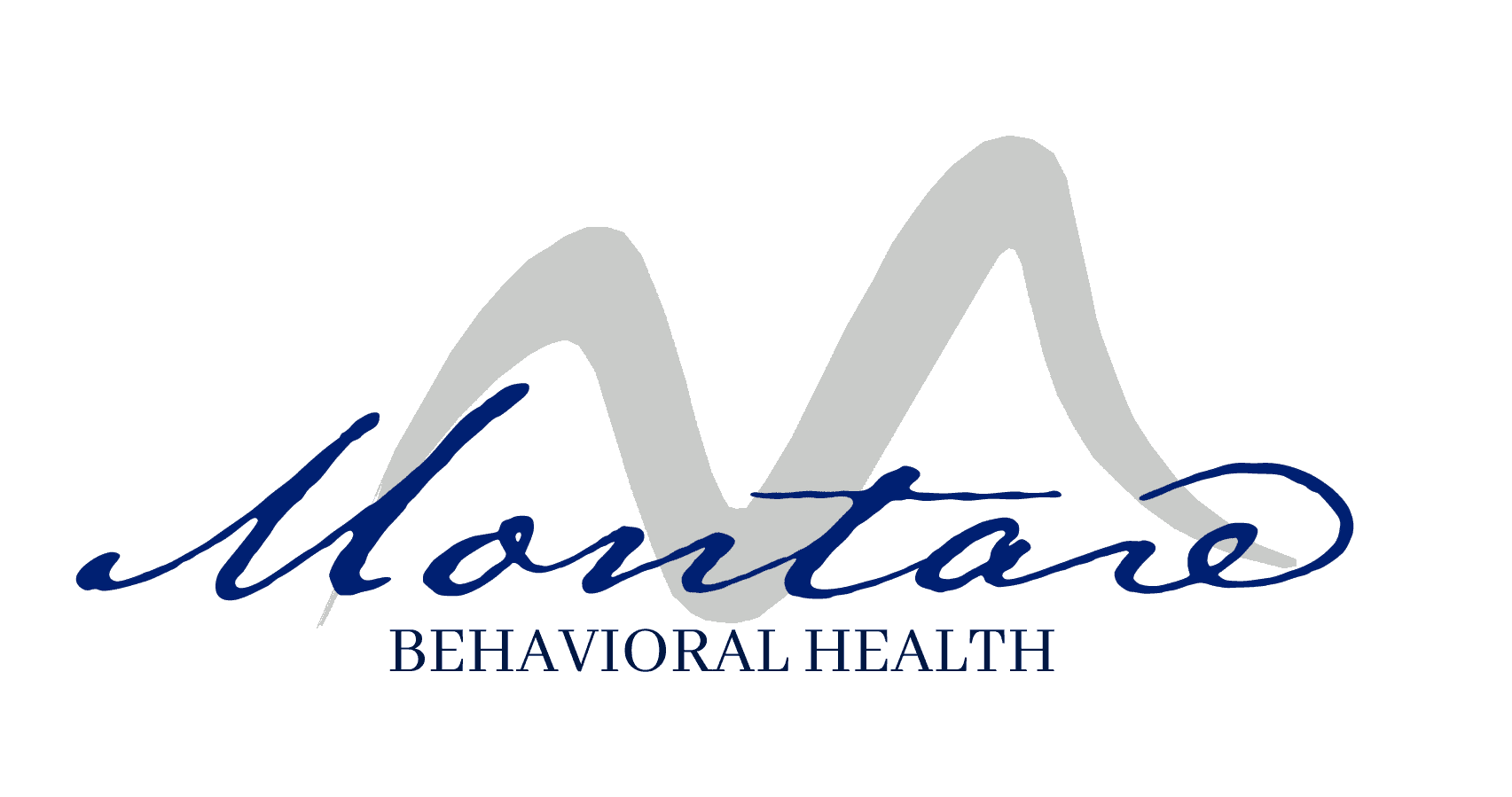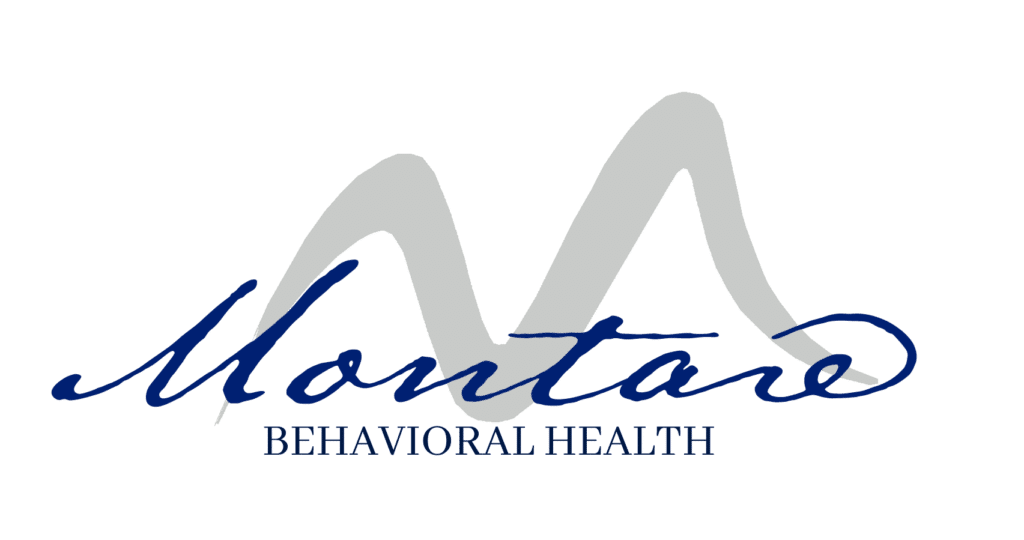Are you a mom or dad who knows something is wrong in your family and wants to know how to help an adult child with depression? When your child suffers, it also hurts you and can leave parents unsure of where to turn. Montare Behavioral Health of Tucson offers a world-class treatment program for depression that changes lives. We use multiple types of evidence-based therapy and any necessary medications to help people improve their mental health and be able to enjoy life again.
Impacts of Depression on Adults
Depression impacts adults in many ways that leave them unable to live up to their full potential. Depression deprives people of motivation and energy and leaves them with a sense of despair and hopelessness. This can drastically impact their ability to do well on the job or in college. If they have children, it can cause them to underperform as a parent.
People with depression often end up using alcohol or drugs as a form of self-medication. Getting drunk or high feels like a good way to alleviate symptoms of depression, but it can also become an addiction. When left untreated, depression increases a person’s likelihood of developing suicidal feelings and acting on them.
Depression can also impact a person’s physical health. It can cause conditions like constricted blood vessels, weakened immune systems, loss of sex drive, and increased pain sensitivity. It also increases a person’s risk of having a heart attack.
How to Help an Adult Child with Depression
If you are a parent wondering how to help an adult child with depression, there are several approaches you can use. Try using a combination of these suggestions in order to help motivate your child towards getting the help they deserve.
Talk – and Listen – To Your Child
Ask your child to sit down with you when they are in a calm place and initiate a conversation. Tell them you understand they have a legitimate health problem and you want to help them. Ask questions that allow them to express themselves, like “What’s the hardest part about being depressed?” and “What do you wish people better understood about your needs?”
Educate Yourself
Depression can be a mysterious illness if you don’t understand it. Use options like calling your doctor, consulting with a therapist, or looking up information online to gain an understanding. Parents who communicate that they understand that mental illness does not heal on its own can gain ground in getting their child to agree to seek help.
Discuss Treatment Options
If your child feels too overwhelmed to look for treatment for depression, offer to help out. You can visit their insurance website, look for treatment centers in their area, and explain the options available to them. Let them know you can drive them to treatment or arrange for transportation.
Family Therapy
Be willing to attend family therapy sessions. Doing so creates a supportive environment in which families can talk openly with a therapist acting as a neutral moderator. Family members learn to communicate more effectively, put past grievances to rest, and offer effective support for their loved ones.
Offer Assistance For Daily Living
People who feel depressed often lack the energy to do basic chores. Offer to help clean your child’s house, cook for them, or run errands. You can also do things like run a load of laundry or tend to the needs of their pet.

Benefits of Depression Treatment for Adults
An important part of how to help an adult child with depression involves communicating to them the benefits of going for help. People who experience depression often hold in their emotions out of fear of being misunderstood. Treatment offers a safe space to open up about their emotions, fears, and experiences without fear of judgment. Depression counselors understand how to provide compassionate conversation that encourages the individual to open up fully.
Someone with depression often benefits from having access to prescription medications. The treating clinician can determine if using medication may help improve the person’s symptoms. They can also monitor how the person reacts to a med and make any necessary adjustments to the dosage or type being taken.
When someone checks into a residential program for depression treatment, they often find it a relief to leave the daily stressors of their life behind. They can truly focus on achieving peace and healing in a new setting that feels like a home away from home. Comfortable surroundings, delicious food, and the peer support that comes from being around others working on themselves can provide the perfect backdrop for improving a person’s mental health.
Begin Depression Treatment for Adults in Tucson, Arizona
Nothing is more painful to a parent than knowing their child is suffering and needs help. As parents, you want to do everything in your power to help them achieve better mental health and live up to their full potential. Montare Behavioral Health of Tucson offers a complex treatment program that helps people learn to manage symptoms of depression and overcome the disease, when possible. Our residential center provides a homelike atmosphere that fosters an atmosphere of healing for everyone who struggles with depression.
For more information about how to help an adult child with depression, visit our admissions page now. We are happy to help you create a strategy for helping your child heal.

